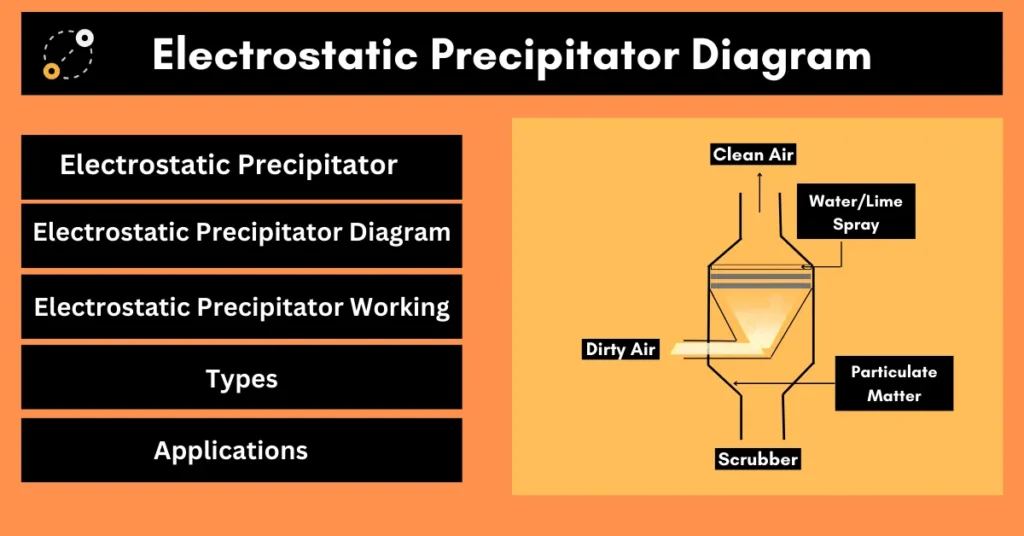Satellites are like digital messengers, transmitting signals across the globe, connecting people and places. They make long distance phone calls possible, deliver your favorite shows and movies straight to your screen and even helping in defense system of countries like Spy satellite RISAT. They come in all shapes, sizes and missions each serving a specific purpose in this advanced world. Let’s have a look.

Types of satellites
There are three types of satellites :
- Remote Sensing
- Microwaves
- Telecommunication
Remote Sensing Satellite
This type of satellites are placed in lower orbit (160-2000km) A special case of lower orbit is polar orbit, where they move from north pole to south pole and complete multiple revolutions in average 24 hours and each time they pass over different locations.
Therefore it is also known as an earth observation satellite. These satellites are used for weather information, intelligence gathering, cartography, resource monitoring and these are classified as optical and microwaves satellites. The reflected sunlight is used by the optical satellite to operate. Means they can work only during day time.
This optical satellite are further classified in to two categories:
- General purpose- IRS
- Dedicated – Cartosat, Oceansat and Resourcesat
Microwaves Satellite
Microwaves Satellite are those types of satellites which are not dependent on reflected sunlight, rather they have their own source of radiation. They work in all weather conditions ex- RISAT 1,2, 2b. They uses SAR (synthetic aperture radar) technologies . Here reflected radars are used by onboard cameras to generate high resolution images. India is planning a constellation of such satellites, NASA & ISRO will also launch, these types with name NISAR – NASA ISRO SYNTHETIC APERTURE RADAR
Telecommunication Satellite
Telecommunication Satellite are those types of satellites which are placed in geostationary earth orbit. This orbit is at a height of approximately 36000 km and the conditions are, the time period-24 hours, the orbital plane and the equatorial plane should be coplanar.
They are also called geostationary satellite because they are always above a particular place. The earlier series was INSAT, it was not exclusively dedicated for telecommunication, they were used for meteorological services as well. The current series is G-SAT, which is dedicated for tele-command; a new addition in the G-SAT series is high throughput satellites. The data transmission capacity of these is on the higher side.
ISRO has planned four satellites G-SAT 11,19,20 & 29 in this series, where in remote sensing the new addition is hyper spectral imaging satellites. They will use 55 different frequencies to generate colored images.
Live Weather Satellite India
INSAT (Indian National Satellite System) is the primary live weather satellite of India. These satellites for weather forecasting. Some of the INSAT satellite are :
- INSAT-3D : Launched in 2013, it provides high resolution images and its data is used for weather forecasting, cyclone tracking, and monitoring of atmospheric conditions.
- INSAT-3DR : Launched in 2016, It provides multi-spectral imagery, soundings, and data for meteorological analysis.
- INSAT-3A : It is a multipurpose satellite launched in 2013, It provides imagery in visible, infrared, and water vapor channels for weather forecasting, cyclone detection, and monitoring of atmospheric conditions.
- INSAT-3B : Launched in 2000, is a multi-functional satellite that includes weather monitoring as one of its primary objectives.
List of satellites launched by india
- Aryabhata – India’s first satellite launched in 1975.
- INSAT series – A series of communication and meteorology satellites.
- IRS series – Indian Remote Sensing satellites used for earth observation.
- GSAT series – Geosynchronous satellites used for communication.
- NavIC – Navigation with Indian Constellation, a regional satellite navigation system.
- Chandrayaan-1 – India’s first lunar probe launched in 2008.
- Mangalyaan (Mars Orbiter Mission) – India’s Mars Orbiter launched in 2013.
- RISAT series – Radar Imaging Satellite used for all-weather earth observation.
- Cartosat series – High-resolution earth observation satellites.
- Resourcesat series – Satellites for resource monitoring and management
FAQs
What are the 3 types of satellites?
- Remote Sensing
- Microwaves
- Telecommunication
What is called satellite?
An object that moves around a larger object is called satellite example Earth.
which planet has the largest number of satellites
Jupiter has the largest number of satellites i.e. atleast 80 confirmed moon.





